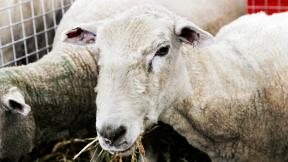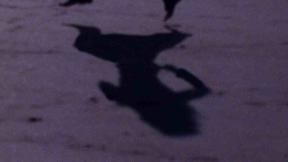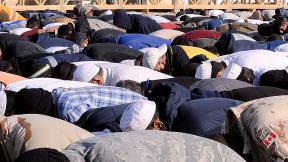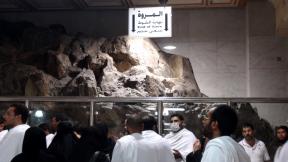
Even for those not performing the pilgrimage, Hajj, the first ten days of Zil Hajj are considered very sacred. They are a time for increased reflection, seeking Allah's forgiveness, doing good, and various other forms of worship.
Prophet Muhammad, peace and blessings be upon him, has said about the first ten days of Dhul Hijjah: “There are no days in which righteous deeds are more beloved to Allah than these ten days." The people asked, "Not even Jihad for the sake of Allah?" He said, "Not even Jihad for the sake of Allah, except in the case of a man who went out to fight giving himself and his wealth up for the cause, and came back with nothing” (Bukhari).
So sacred are the first ten days of Dhul Hijjah that Allah swears an oath by them when He says in the Quran: "By the dawn; by the ten nights" (89:1-2). Swearing an oath by something indicates its importance and great benefit.
What kinds of worship should be performed?
While any good deed done for the sake of Allah according to the way He approves will be rewarded immensely during the first ten days, God willing, some of the more specific actions mentioned in the Traditions of the Prophet are fasting and verbal Dhikr (remembrance) of Allah.
Fasting
The Prophet said, "One fast during these days is equal to the fasting of one complete year, and the worship of one night during this period is equal to the worship in the Lailatul-Qadr" (Tirmidhi).
It is particularly encouraged to fast on the ninth day of Dhul-Hijjah, known in Arabic as Yawm al-Arafa. The Prophet used to fast on this day (al Nisai and Abu Dawud). Fasting on this day will expiate a Muslim's sins for two years.
Dhikr
Dhikr, or the verbal remembrance of Allah, is another meritorious act during these first ten days of Dhul Hijjah. The Prophet encouraged Muslims to recite a lot of Tasbeeh (saying "Subhan Allah", which means Glory be to God), Tahmeed (saying “Alhamdu lillah” which means Praise be to God) and Takbeer (saying "Allahu akbar" which means God is Greater or God is the Greatest) during this time.
The Takbeer may include the words "Allahu akbar, Allahu akbar, la ilaha ill-Allah; waAllahu akbar wa Lillahi’l-hamd (Translation: Allah is Most Great, Allah is Most Great, there is no god but Allah; Allah is Most Great and to Allah be praise)," as well as other phrases.
Ibn ‘Umar and Abu Hurayrah, two of the Prophet's Companions, used to go out in the marketplace during the first ten days of Dhul-Hijjah, reciting Takbeer, and the people would recite Takbeer individually when they heard them.
Other good deeds
Generally, all good deeds are rewarded highly at this blessed time. These actions include praying, reading the Quran, making Dua (supplication), giving in charity, and being good to our families.
In addition, seeking Allah's forgiveness at this time is also encouraged. This means more than just a verbal expression of sorrow for past misdeeds. It also requires a firm resolution to avoid making the same mistakes in the future by giving up bad habits and behavior while sincerely turning to Allah.








Comments
tahmeed
alhamdu lillah,for we to participate in a secret path of janna,may we be a group at janna ameen
Location
thanks so much
All Subhana wa Talla give
courage to all Muslims to do all
good deeds during these days
and to try to make happy Allah
Subhana Talla. Aameen
Location
thanks so much
All Subhana wa Talla give
courage to all Muslims to do all
good deeds during these days
and to try to make happy Allah
Subhana Talla. Aameen
Location
Alhamdulilah
May Allah grant us acceptancen in this season of blessing ,this is a great opportunity for you and i lets take advantage
Location
Thanks
Jazakhallah khair with this encouragement. May Allah SWT reward U with best reward
Location
first ten days of Zulhijjah
All Subhana wa Talla give courage to all Muslims to do all good deeds during these days and to try to make happy Allah Subhana Talla. Aameen
Location
MashaAllah, thanks!
MashaAllah, thanks!
Location
MashaAllah excellent!
MashaAllah excellent!
Location
thank you for these
thank you for these encouraging words
Location
Jazaka lahu aeran.
Jazaka lahu aeran.
Location
Pages
Add new comment